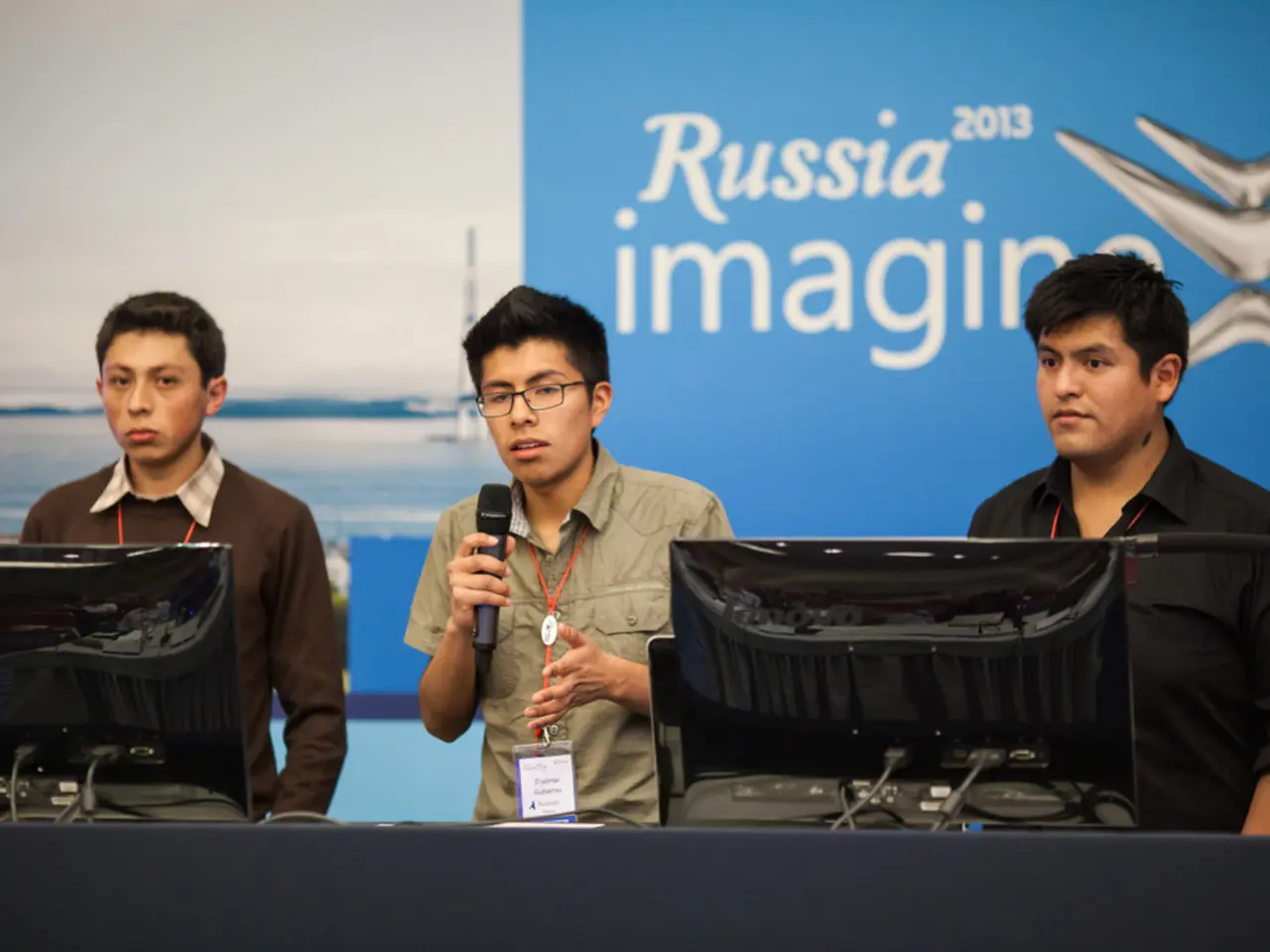Foreign Struggles Faced by Moldova: Russian Influence from Beyond, Domestic Proxies, and Internal Fracturing
Moldova is preparing for a pivotal parliamentary election on September 28, 2025, with significant implications for the country's future trajectory and the wider geopolitical landscape. The ruling pro-European Party of Action and Solidarity (PAS), led by President Maia Sandu, is aiming to maintain EU integration, but faces stiff competition from pro-Russian opposition parties seeking closer ties with Russia.
The election transcends domestic boundaries, embodying a geopolitical struggle between Western integration and Russian influence. According to Oana Popescu-Zamfir, director of the GlobalFocus Center in Bucharest, Romania, Russia seeks to derail Moldova's EU path, using it as a template for its asymmetrical advantage over the union.
Russia's strategy is clear: to create a fractured parliament or weaken the pro-European coalition to impede reforms and governance. If Russia's allies enter parliament, they can slow EU benchmarks, reinstate dependence on Gazprom, and shield corrupt elites from prosecution.
The Moldovan administration and PAS have effectively contained hybrid threats, such as plots to import provocateurs, disinformation campaigns, and vote-purchasing networks. However, the EU's unanimity voting rules, exploited by countries like Hungary for ulterior motives, pose a challenge.
To counter Russia's influence, the EU must offer tangible benefits to the populations of candidate countries early in the accession process. Brussels must avoid abandoning Moldova's largely pro-European population if the country's politics become tumultuous.
The pro-European party struggles to engage pro-democracy swing voters and demonstrate tangible benefits from Europe. Meanwhile, rural Moldovans worry about bills and harvests, urban youth grapple with unemployment, corruption, and low incomes, while the elderly suffer poverty due to meager pensions. Fear of war is not a top priority concern.
Despite high stakes, 40% of voters remain undecided. High-level visits by Western leaders underscore their support for Moldova's European future, but genuine pro-European parties must convince their constituencies of the added value of this choice.
If PAS retains a majority, Moldova can continue reforms required for EU accession. If not, the country could face a government paralyzed by obstruction or one forced to share power with Russian-aligned actors. The elections impact more than Moldova; a fractured, contested outcome could harm the EU's enlargement policy, compromise Ukraine's western flank, and grant Moscow a symbolic victory across the Black Sea region.
Russia bets on Moldova losing, not due to tanks or troops, but because of apathy at home. The elections are a critical test of Moldova's commitment to European values and the EU's resolve to support its Eastern partners. The outcome will have far-reaching implications for the region and the broader geopolitical landscape.
Read also:
- United States tariffs pose a threat to India, necessitating the recruitment of adept negotiators or strategists, similar to those who had influenced Trump's decisions.
- Weekly happenings in the German Federal Parliament (Bundestag)
- Southwest region's most popular posts, accompanied by an inquiry:
- Discussion between Putin and Trump in Alaska could potentially overshadow Ukraine's concerns








